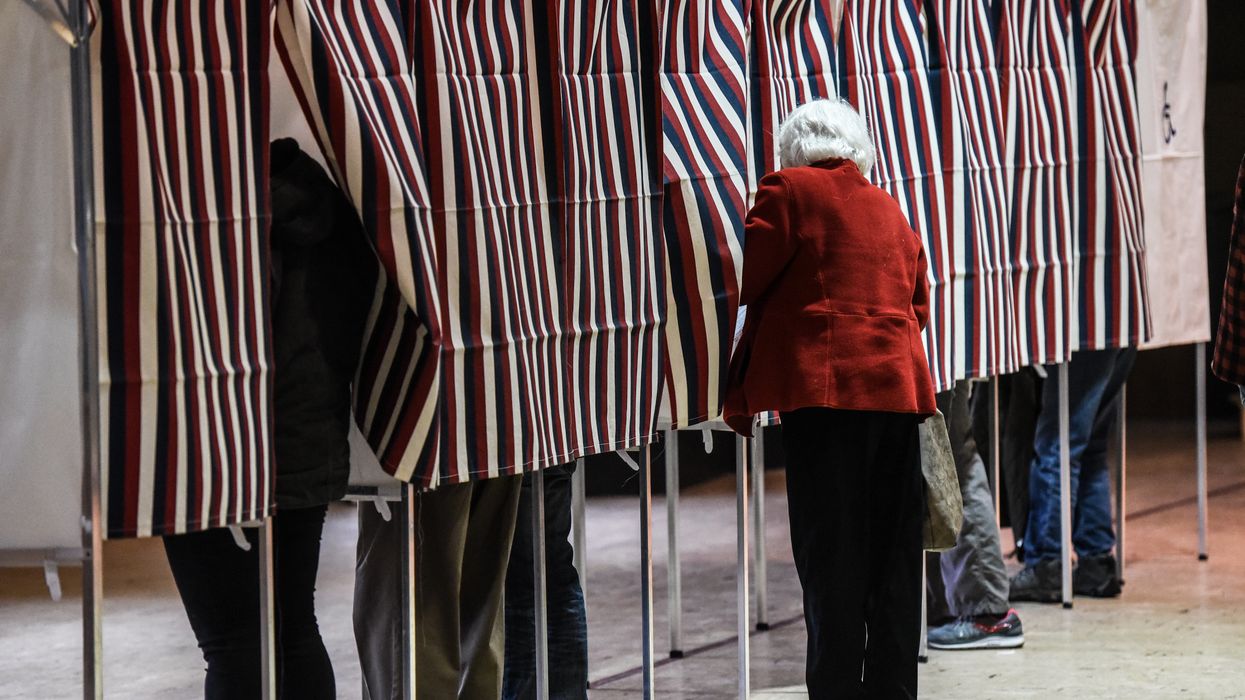Shannon is the founder of Negative.vote, which is promoting statewide ballot initiatives to allow voters to register firm opposition to one candidate in each race.
Many reformers are partisans in disguise. Here's one way you can tell: If someone advocates for something called ranked-choice voting, they either intend to disempower independent voters by eliminating pesky independent or reform candidates to the benefit of the two-party system, or they don't fully understand how RCV works.
Many professors advocate for ranked-choice voting, which is decoy reform at best. We could just as well prohibit all independent or opposition candidates from getting on the ballot in the first place, as Russia itself has done, because that is the ultimate effect of RCV. It is designed to eliminate independent candidates.
To the casual observer, having the ability to rank all candidates from best to worst may seem like a good thing, on the surface. When you dig deeper, though, you will find that RCV is an instant-runoff system, wherein votes for the last-place finisher in each round are redistributed to the voters' next choice among the candidates left standing. That process keeps happening, eliminating candidates one by one until somebody wins a majority.
"Wait," you should be asking, "Last place out of how many?"
Both Republicans and Democrats work to ensure that they only ever nominate one candidate for each office in a general election. That gives the two-party system a devastating advantage over independent candidates in any instant runoff.
Each independent on the ballot would likely ensure that none of them would ever prevail, since they would all split the votes of like-minded supporters among each other in each round except the next-to-last one. To preserve the status quo under RCV, Democrats and Republicans would need only to conspire to open the floodgates of ballot access.
Ranked choice requires you to declare a preference, somewhere in your rankings, between the two major-party candidates. With RCV, that preference will end up being your real vote. Partisans who masquerade as reformers want to harvest those second and third choices to move the needle for their side.
So, the two-party system will be happy to pacify voters like you and me with ranked-choice voting by giving us the ability to express who we would otherwise prefer. It's like asking teenagers for a list of their dream cars, "but still choose between these two clunkers, just in case," because those are the real choices.
Unless independent voters conducted a primary of our own, RCV may irreversibly cement a two-party system, result in continuous swings back and forth between the same old partisans, and have little effect to counter the accelerating gravitational pull of ideological, social, geographical and racial polarization.
For true reform — and to empower the middle-minded majority over a two-party system that is prone to rely on minority rule, cults of personality and insurmountable debt — independent voters must be able to vote directly against our least-preferred candidates with the equivalent of a thumbs down vote.
This is not a matter of opinion. In fact, it is mathematically certain. Research led by Jean Francois Laslier out of the Paris School of Economics confirms that, if voters had the ability to indicate disapproval of extreme candidates, it would benefit lesser-known, moderate ones. Game-theory mathematics professor Arkadii Slinko, at the University of Auckland, and assistant professor Dodge Cahan, of the University of Alberta, go further and guarantee that, furnished with a negative vote to cast against our least-preferred candidate, voters would act to curb the influence of extremists of both stripes and create a wide-open lane for new parties and solution-oriented candidates to emerge. In other words, it could make us all Americans again.
Voters as early as ancient Athenians had a negative vote, and they invented democracy — originating from the Greek word demos. They had this figured out over 2,600 years ago! Unlike ranked-choice voting, it is not a partisan gambit in disguise and it satisfies all voters' primary motivation — which is to prevent one's least-preferred candidate from prevailing.




















Trump & Hegseth gave Mark Kelly a huge 2028 gift